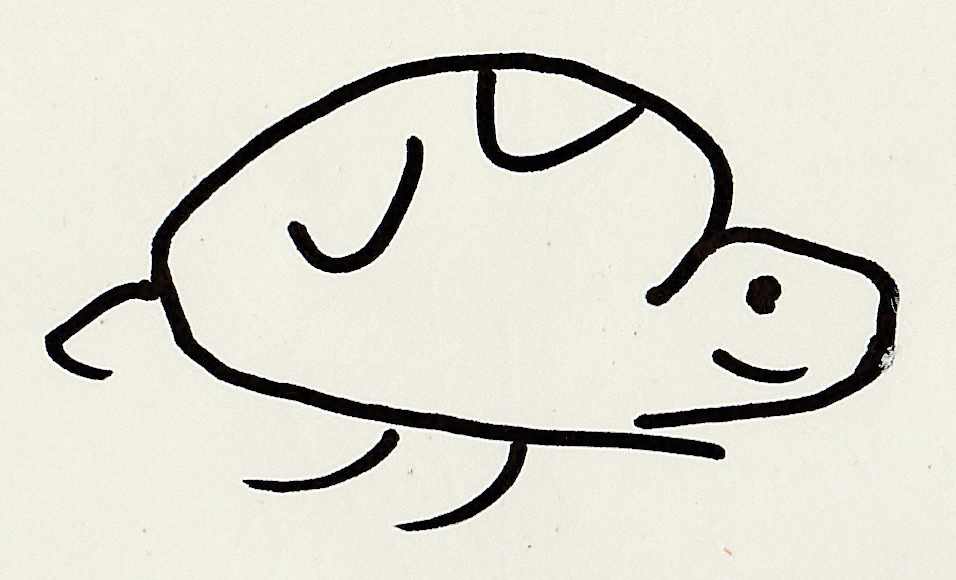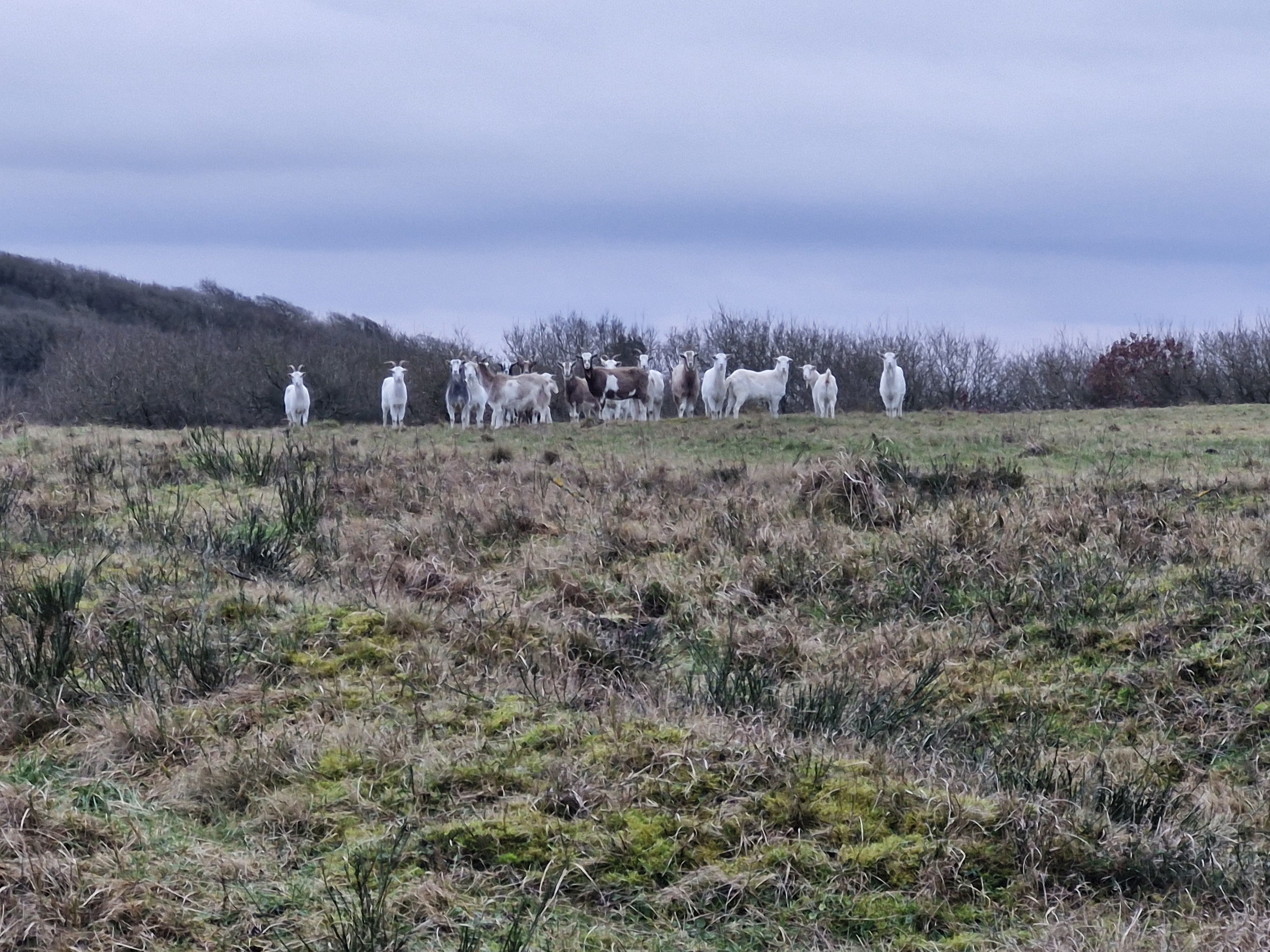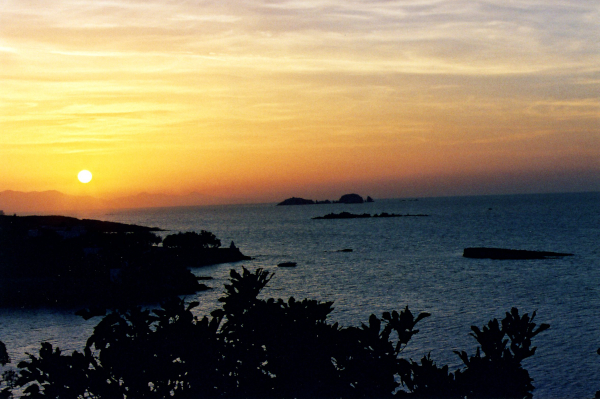Blog
As may be expected of a blog, it is an ongoing affair. For the moment, we publish here three types of texts that suit the definition of a blog.
- in English: texts that Touché and Guy post with a certain regularity at LinkedIn.
- in Portuguese: contributions of Touché to our company website on LinkedIn, and some of her older posts on Brasil com Z, a blog by expat Brazilians about the countries they emigrated to. The cooperation stopped some time ago, but Touché's texts are still interesting.
- in Portuguese, Dutch, English and even French: whenever we travel, we send newsletters to friends in several countries. At first, these messages appeared only in Portuguese, later a Dutch version was added, and in 2016 we were crazy enough to add a French and an English newsletter during our stays in New Zealand/Australia and Costa Rica. We will progressively post some of these travelogues, going back in time.
Note: the latest post is at the top. Use the menu at left or scroll down for older messages.
Touché at LinkedIn in 2025-1
Bot attack
It´s not very difficult to find definitions for this expression, just type it on any search tool – we use Ecosia, which has an ecological philosophy (check www.ecosia.org) – and there it is, not many words that bring the first light over what it is. To make it simple it is about bad people making bad use of their intelligence to make money by acting mischievously against you, companies, societies through invading your computer and stealing information, destroying your files, distributing malware, you name it.
Think about highly trained people (hackers) using their knowledge to reach evil targets like extorting money and performing illegal acts. Well, there are always those hackers who believe it is ok to make evil for what they think to be a good cause.
It can be understood as something like ´the ends justify the means´, sentence written by Ovid, a Roman poet who lived during the years 43B.C. and that became popular after having been used by Machiavelli in his book ´The Prince´. Nowadays we know it as the slogan used to justify wars, murder, destruction of people´s homes, cities, countries, all done in name of ideologies to defend the interests of powerful people. Another version of ´if you want peace be ready for the war´. In this case the soldiers are hackers whose weapons are technological knowledge and who kill your finances with something named bot attacks. The 21th century war is now made digitally and your computer is the battle field.
Moving from technology to linguistic, both subjects of crucial importance for those who are interested in learning, there is a very curious fact about the word ´bot´: besides being an obvious short form for ´robot´, it is defined as a noun used in the informal language in English (UK) to refer to a person´s bottom, according to the Cambridge Advanced Learner´s Dictionary & Thesaurus published by the Cambridge University Press.
This discovery can also lead to some considerations about three-letter words starting with B...
BAT > a flying mammal
BET > a dispute
BIT > a little piece
BOT > as mentioned
BUT > a concession
... and instead of going for attacks of any type, we suggest to use our creativity and make some sort of sentence spell. What about..:? A BAT made a BET to get a BIT of anti-BOT food BUT there was an attack and... bla bla bla.
This is an open-end story..
The press biz
Something very wrong must be happening in the journalistic world or better said the world which arrives to our small living homes through the work of journalists. What is the best way to express this point is not so relevant here. Let´s focus on what information about what happens are we receiving by the various channels, be it newspapers, live news, podcasts, videos, you name it. Do you think most of what is broadcasted refer to happiness, well-being, kindness, development and growth of our humanity? Do you see images of smiling people?
We think news. Not special events but daily news which means significant knowledge about what´s going on so there is something real to talk about to just anyone, you know, nothing that requires a high intellectual level to be discussed, just... the basics of day-to-day life.
What are the news that fill our time during breakfast, lunch, work pauses, dinner? Are we busy with our happiness projects (do we have one?). Do we turn off our mobiles to offer full attention to those we are sharing time with? Supposing we mean to stay updated with our social contacts are we asking motivational questions that lead to fruitful conversations, to better understanding of the ideas and behaviors of those around us?… Dreams? Most probably our answer is ´no´. No, we are not thinking about us, not showing real concern for the lives of those who are part of our emotions. Instead we are discussing the latest news.
This is not an apology for ignorance as fundament for peace! It could never be. How would we progress if not by studying and trying to create better conditions for ourselves?
Thus, would there be anything wrong about staying updated? No, of course not. Alienation does not lead to improvement, enlightenment, growth of any kind. But there is something evidently wrong when the content of the information we receive and discuss is mostly negative, pointing to tragedies, destruction, diseases, the overall feeling of failure of institutions and abandon of our dreams. Every day, the continuous flow of disgrace, individualism, sadness, with little difference between the facts and most of them are a replay of old bad stories where violence, corruption and impunity are the usual ingredients used to nurture our need for knowledge. We are not getting lessons from wisdom and generosity but the contrary. We are loosing respect for morals, ethics, decency, because the daily show seems to point at success as the result of impunity, mediocrity, lies, constant lies. Vulgarity predominates and at each click on bottoms to satiate our hunger what we get are words to induce as to accept ignominy as normal.
The consequences are there to see. Isolation, depression, sadness that leads to paranoia and conspiracy theories. More and more sad news less and less reasons to be proud of our human race.
Here the question: why are we consuming bad news? Is it so that happiness does not have an audience? Peace and joy don´t sell? Big spectacles in huge venues where thousand of people forget their own festivities to mingle in crowds where nobody has an identity?
Journalists are committed to inform and that they do. Many of them do it responsibly even at the cost of their own lives. Idealism fits in all activities and journalists play serious roles to contribute to building a good and healthy world. However we should question if there is no good news to spread and why so little public attention is given to kind and sweet acts.
If we do our best in our small world and motivate others to do the same then we still get a chance to become ´important news´ and happiness will become our daily source of learning.
The Press is there to help us become better persons. Let´s give reasons for good news to be our daily source of information.
Behind the smoke curtain
Aren´t you tired, exhausted, fed-up? Every day for a long time now, after thousands of headlines, pictures, words words words that say a lot but in effect mean nothing, horrible people spreading news that makes you feel demotivated, hopeless, over and over again the same angry faces threatening your and everybody else´s life, one day you hear something terrible and just some hours later the same information comes back in front of your eyes and takes hold of your ears, your mind, your heart and it is a continuous flow, an avalanche of new reasons to make you feel impotent to swim against the stream of pessimism and fear for the future.
Every day for a far too loooong time now! Aren´t you completely used up? The same faces, ugly clowns doing the most dangerous tricks and playing war games with your sensitiveness. Bad actors, lousy performance, you know all is nothing but lies and you are sure you won´t be able to see what is behind the thick smoke curtain of the theater where those tragedies are far from any wonderful play by geniuses like Shakespeare, because here the authors are mediocre and cruel and just mean to control your life and manipulate your mind.
Some people have found protection in denial. They just stop reading the news, watching violent films, playing war games. Maybe this attitude brings some relief but most of the time the decision does not last long – for curiosity and the need to know about what is happening even when it is well-known that facts of reality hide behind what is there to read or see.
The show must go on. Must it? Aren´t you tired? How can we turn off all the channels that spread evil and learn how to live in peace? Do you miss John Lennon? He taught us to sing and to Imagine.
History shows, there has always been ups and downs and many moments of discouragement that lead us to ´it´s too much, let me out of this´. But life is dynamic and no matter what, the sun never stopped to come up and share light. Every day trees grow towards the sky, children run around laughing and romantic people walk around embracing and kissing.
Civilizations have started and ended but the strength of hope never died. It won´t die now. It simply resists and help us keep on living.
Effects of distance
If we ever have the curiosity to search reliable definitions for the term ´distance´ Wikipedia can be a good source of information. As usual this democratic site offers diverse paths of knowledge and the fact that it remains open to contributions from just anyone makes it a base for solid trust. Here when trying to define ´distance´ Wikipedia offers a closer possibility of reaching clarity and good understanding in a language that is accessible to all and reducing the distance between our ignorance and our curiosity.
It is very interesting to know that there are various types of distance! It can be defined considering the domains of Physics and Geometry, like: Euclidean distance, Geographic distance, Geodesic, Statistical distances (Mahalanobis distance, Energy distance), Spatial distances (e.g., Manhattan distance and Chebyshev distance), Measure used in Computer science, (e.g., Levenshstein distance, Hamming distance, Lee distance, Jaro-Winkler distance), but there is a broad spectrum of notions that go beyond the idea of ´distance´ as an objective numerical measurement but rather as a qualitative description of a subjective experience and here we enter the universe of human emotional experiences that can be studied in Psychology, Human geography and the social sciences.
The explanations above just serve as an introduction to what this text is about. We do not belong to the exclusive group of Masters who can measure what concretely exists around the concept of distance. Although Psychology is classified as ´the scientific study of mind and behavior´ our focus is not on the strictly scientific side of this term but on the way we experience distance.
It is not that difficult to use technical methods to understand distance. Maps and all kinds of calculations can furnish enough information when someone wants to know how many unities of a specific measure (e.g., kilometers, miles) are there between places. That´s what calculators are for, right?
But ´distance´ not necessarily relates to how distant people are geographically speaking. When we refer to ´distance´ many times we refer to an emotion, the feeling of ´disconnection´ that can exist independently of geography. Reality proves it.
Of course it is easier to feel ´close´ to people when we live in the same environment. Neighborhood plays a clear role in our proximity possibilities. Even in a world where long-distance contacts are facilitated through the various channels on internet it is very improbable that the intimacy online equals a personal contact. But how wonderful that this alternative exists! It helps to keep families, friends and lovers together. It reduces the missing feeling that sometimes makes life so sad when we are geographically far from those we love.
On the other side... yes... we can feel disconnected from just anyone we meet frequently. Working teams, classmates, neighbors... you name it.
This is a big challenge in our times: how can we keep a good feeling alive despite geography and time of separation? It requires strong motivation, dedication, perseverance and a serious perception of the importance of trying to maintain our presence alive in the other person´s life.
Otherwise our image starts to fade away to a point where there is no more possibility to recognize who was there in that picture we call love. It is really easy to let it go... yes... very easy indeed.
visit our webpages about us, our travels, et cetera
we thank you for your preference














